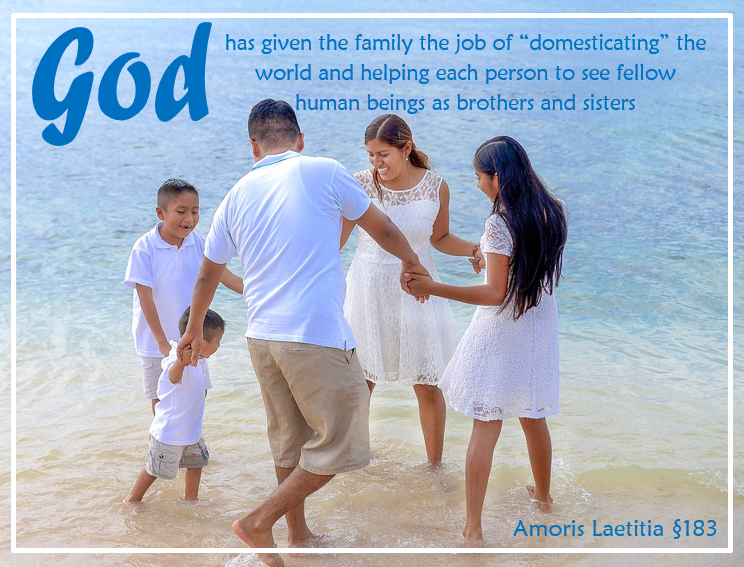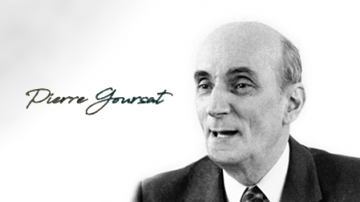Pastoral Conversion:
Go out to people, renew their initial evangelization, offer them paths to human and spiritual growth. The scope of the possible initiatives opens up before us!
Monsignor Denis Biju-Duval is the President of the Institute Explanation by Monsignor Denis Biju-Duval Questions about love, marriage, family and education lead to many encounters with the Church. However, those who do not practice, young people who want to be married in the Church, parents who want their children baptized, to enroll them in catechism classes and sometimes seeking help in their education, couples in difficulty, all perceive that the Church can help them. It is a sign that God never ceases to meet man in his most sensitive relationships. We must measure up to the challenge. These requests are made in very precarious situations – ignorance of Christ and of the Gospel, lack of reference points in the exercise of freedom and where people are wounded by chaotic family, emotional and sexual experiences. The Church has a long missionary history – in the proclamation of the Gospel to those who do not know it, in the catechumenate and in sacramental initiation. It is true that in most of these things people are already baptized, and the catechumenate does not concern them directly. Yet there are more and more non-baptized people asking for them. Moreover, the catechumenal path offered by the Church also meets the needs of many of those already baptized. They have received almost nothing, either in terms of the first proclamation, or in terms of catechesis and sacramental initiation. When they received just a little, they forgot almost everything. And their experience of the life of the Church is almost totally lacking. As for those who come from more structured Christian backgrounds, they are often so damaged by their environment that they also need to start again at the most fundamental level. How can we move forward from this state of affairs? Within the framework of this maturation, the question of the Sacraments becomes meaningful. The catechumen who is still waiting for his baptism does not see it as a refusal but as an invitation to move towards it with the community supporting him. Similarly, many people and couples who initially experience problematical situations will be able to accept the postponement of their full sacramental reconciliation or Eucharistic communion as a dynamic of desire and hope, as a time needed for a reconstruction where they are accompanied by brothers and sisters.
Redemptor Hominis at the Lateran University,and the author of several works including ‘Croire n’est pas si compliqué’ (Éditions Emmanuel).Catechumenal perspectives
Offering people a practical path for growthDo not wait for people to come to Church, go out to them! Let us develop initiatives that bring about the meeting.
__________________________








